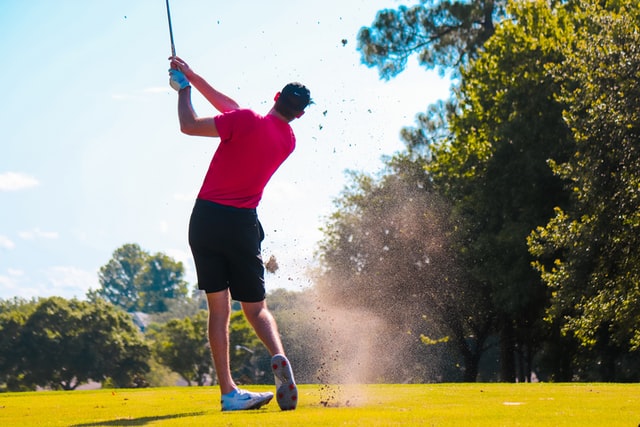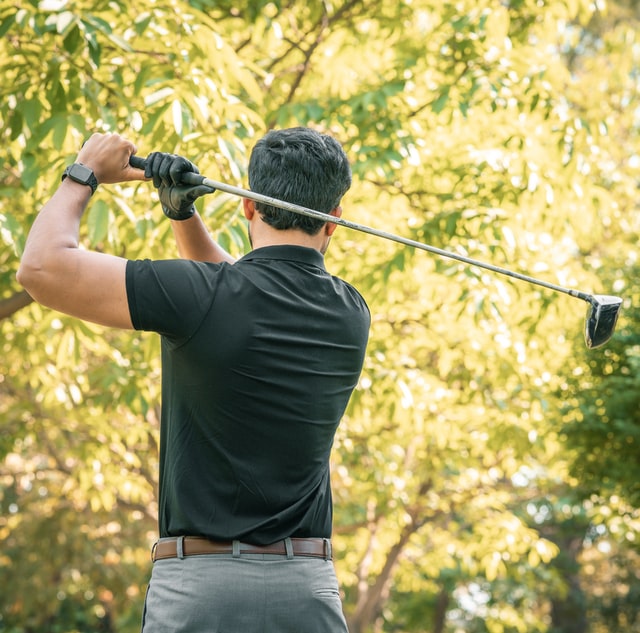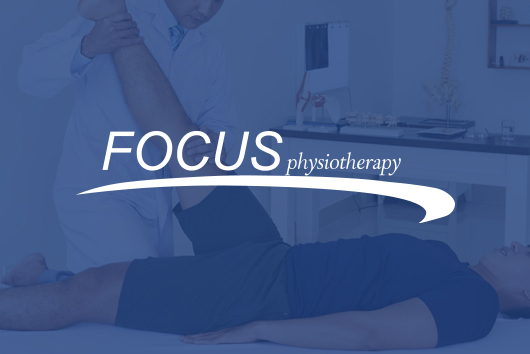Also known as Medial Epicondylitis, Golfer’s Elbow can be a severe elbow condition. Common in golfers, but not exclusive to them, this injury can result from overuse of the elbow, as well as from sudden trauma. However, unlike Tennis Elbow, where the pain is felt in the outer elbow, Medial Epicondylitis sufferers feel pain in the inner elbow. This discomfort can occur during activity but can also happen when resting.
At Focus Physiotherapy, our Registered Physiotherapists ascertain the exact cause of your elbow injury before choosing the treatment that’s right for you. Typically, successful Golfer’s Elbow Treatment Downtown Brampton takes up to a couple of months. However, comprehensive physiotherapy relieves pain and teaches you how to prevent it from recurring.
What is Golfer’s Elbow?
Also known as Medial Epicondylitis, Golfer’s Elbow can be a very painful elbow condition. It is classified as pain or soreness in the inner elbow from the muscles and tendons in the arm.
If left unchecked, elbow injuries can cause significant pain and disability. Taking a small amount of time for Physiotherapy at the onset of your injury will limit your discomfort and shorten your recovery time.

Our clinic offering leading Golfer’s Elbow Treatment in Downtown Brampton conveniently located at 10035 Hurontario St, #12A. We welcome you to stop by with questions or give us a call at 416-961-2001 or email us today.
Medial Epicondylitis Symptoms
Pain and Tenderness
Usually felt on the inner side of your elbow, the pain sometimes extends along the inside of your forearm, hand or wrist. This pain will appear suddenly or gradually. Gripping items may be painful and difficult.
Stiffness
Elbow stiffness with decreased range of motion.
Weakness
You may have weakness in your hands and wrists.
Numbness or Tingling
These sensations might include radiation into one or more fingers, usually the ring and little fingers.
Diagnosing Golfer’s Elbow
The diagnosis of Golfer’s Elbow involves a combination of your history, a physical examination, and tests called nerve conduction studies.
A physical examination includes a detailed physical examination of your elbow joint. Your doctor will look at your wrists for signs of tenderness, swelling, and any deformities. They will check the sensation to the fingers and the strength of the muscles in your hand. Occasionally, if the diagnosis is unclear, further tests such as MRI, ultrasonography and injection test may be ordered to confirm Golfer’s Elbow.

What Causes Golfer’s Elbow?
Medial Epicondylitis is an overuse injury. Common in Golfers, but not exclusive to them, this injury can result from overusing the forearm’s muscle that allows you to grip, rotate your arm, and flex your wrist. The repetitive motion of gripping and swinging can injure the tendons indoor forearm that attach to your elbow.
Golfers may develop this type of tendinitis from repeatedly swinging a golf club while tennis players may develop it from using their arms to swing a tennis racket. The overuse of players’ arms and wrists damages the tendons and triggers pain, stiffness and weakness. Other risk factors for Medial Epicondylitis include playing baseball or softball, rowing, and weightlifting. Activities like playing an instrument and typing on the computer can also lead to medial epicondylitis
Golfer’s Elbow Treatment and Therapeutic Responses
As every case of Golfer’s Elbow or Medial Epicondylitis is different, the recommendations for your treatment must also be unique.
Physiotherapy
Physical therapy incorporates strengthening, stretching and aerobic conditioning, making it an essential component for Golfer’s Elbow Treatment Downtown Brampton.
OHIP Physiotherapy
We are the first choice of OHIP-covered Physiotherapy services within the communities we serve. Our state-of-the-art equipment is now available through OHIP for patients who meet the government selection criteria.
In-Home Physiotherapy
Home Physiotherapy and Massage Therapy services are excellent for patients suffering from severe injury or mobility issues relating to Medial Epicondylitis. Physiotherapy at home is very convenient for people whose schedule makes finding the time extremely difficult.
Massage Therapy Treatment
Massage therapy can help maintain healthy muscle tissue in the surrounding area, take the spinal column’s strain, and increase circulation, muscle flexibility, and range of motion.
Laser Therapy and Electrical Modalities
Laser therapy is a medical treatment that uses low-level lasers or light-emitting diodes to alter cellular function. Laser has primarily been shown helpful in the short-term treatment of acute pain.
Acupuncture Treatment
Acupuncture targets specific points along the “meridians” of your body that correspond to nerve pathways affected by the affected nerve. This Golfer’s Elbow tunnel treatment method available near Downtown Brampton may help stimulate healing by increasing blood flow.
At Focus Physiotherapy, we know that discovery leads to recovery. Before starting treatment, it is essential to determine the cause of your elbow pain. A thorough examination by a Registered Physiotherapist will help you choose the path to full mobility. Your Physiotherapist determines the lifestyle factors that increase symptoms causing your pain and help you make the necessary adjustments. And, because it’s impossible to avoid using your elbow during everyday activity, our team can teach you how to do things differently so you’ll cause minor irritation and speed up your recovery process.
Our Medial Epicondylitis Treatment Centre near Downtown Brampton
Are you looking for Golfer’s Elbow Treatment to help you find relief? Visit Focus Physiotherapy today, located at10035 Hurontario St, #12A. Our office features a dedicated exercise studio, state-of-the-art medical equipment, and the most helpful team in town.
About Focus Physiotherapy
Our Focus Physiotherapy Practices are owned and operated by Registered Physiotherapists. We’ve built our practice on our treatment quality, which reflects the highest standards of our profession. Every day, we come to work to provide diligent, practical and effective physiotherapy services that are thoughtful and thorough.
Specializing in trauma recovery and using only the best technology, our high-quality professional care is focused on you. Registered Physiotherapists at Focus Physiotherapy are highly trained, continuous learners who assess, diagnose and treat patients due to injury, severe trauma, disease, neurological conditions and age-related degenerative conditions.
The needs of our patients are our focus. Our quality of care reflects best practices and uses the latest equipment and physiotherapy techniques every time.
We also offer comprehensive Shoulder Tendonitis Treatment, Carpal Tunnel Treatment and Sciatica Treatment Downtown Brampton.


